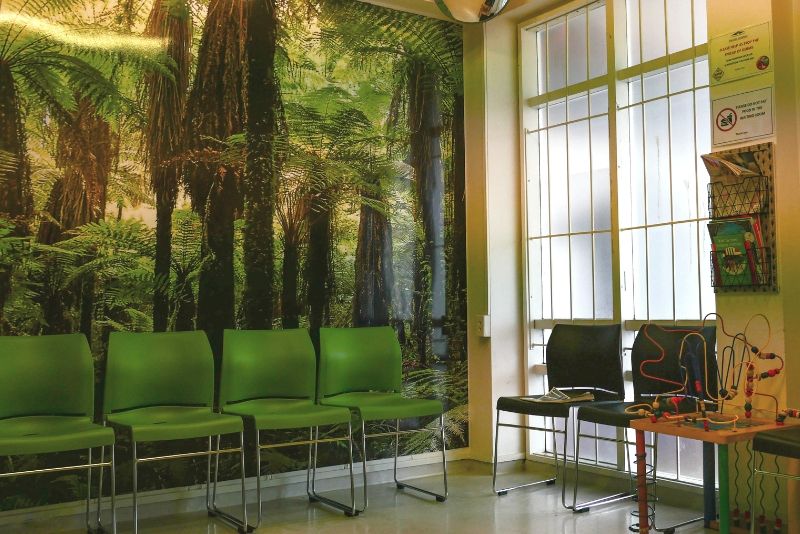🌿 We were recently featured in Whaiora – a platform that shares stories of wellness via Hauora Kotahitanga (a directory focused on services available in Northland).
We korero about our services from not only a Maori Health Provider perspective but more importantly, a TIKANGA perspective.
Mauri ora!.
Whaiora – Issue 3
How does your service support whānau? What do you think gets in the way of people contacting you for support (what are their fears and concerns)?
Whānau often seek support through the Hauora to help them navigate simple steps. Our nurses acknowledge that many of our whānau have challenge after challenge and when it gets unmanageable they seek out where they can go to find this support and who can give that support to them. Whānau also express a level of whakama or embarrassment about needing support as most have been raised with a ‘do it yourself approach. Reaching out for help can seem daunting. Whānau often approach when they are at rock bottom and it’s the relationships they have with the teams or individual kaimahi that have encouraged them to come forward.
What surprises people when they do start working with you? What results have you seen in your work with whānau?
Whānau don’t realise the scope of the organisation and how it operates as a whole. We are not just Hauora or budgeting services.
An example was a whānau who had more than 10 smashed windows due to a family member’s grief over losing a loved one. Whānau suffered ill health throughout the winter with tamariki and kuia and kaumātua living in the same house suffering lung illnesses and pneumonia. They approached our services for support through our hauora and were supported by our kaiarahi (whānau ora). Using a collective approach as an organisation, we could support whānau to have the windows repaired which instantly resulted in a warmer, dryer, and healthier home. They can get on with their own matters and that’s the outcome we are looking for, whānau moving on to manage things themselves. They always have the solution, sometimes it’s just about supporting them to realise they can do it themselves.
Would someone you have worked with in the past share their experience of how your service has helped them?
There are many whānau who would share but we are really protective about the fact they were in a hard place or a sad space when they approached and honestly it’s about moving forward not regurgitating someone’s hardships or challenges. It’s enough to know they are moving forward even if it’s small baby steps for them. That’s ok, it’s their journey, not ours.
30 years is a long time to provide a service. What has kept you going all that time?
We live here. We have raised our whānau here and invested our lives here because we wanted something more than what was on offer when we grew up here.
We wanted tamariki to have holiday programmes. We wanted community events and activities that were alcohol-free and drug-free. We wanted whānau to have access to services like most other communities and hopefully, it would make a difference for them. But we are also not blind to the intergenerational behaviours and addictions within our community.
That being said, no matter what the challenge we still need to ensure whānau have access to services or information to make informed decisions for themselves.
Can people self-refer to the health centre? What’s the best way to get in touch?
Yes, whānau can contact us through our 0800 number and have a korero about what is available to them.
Source: Hauora Kotahitanga

